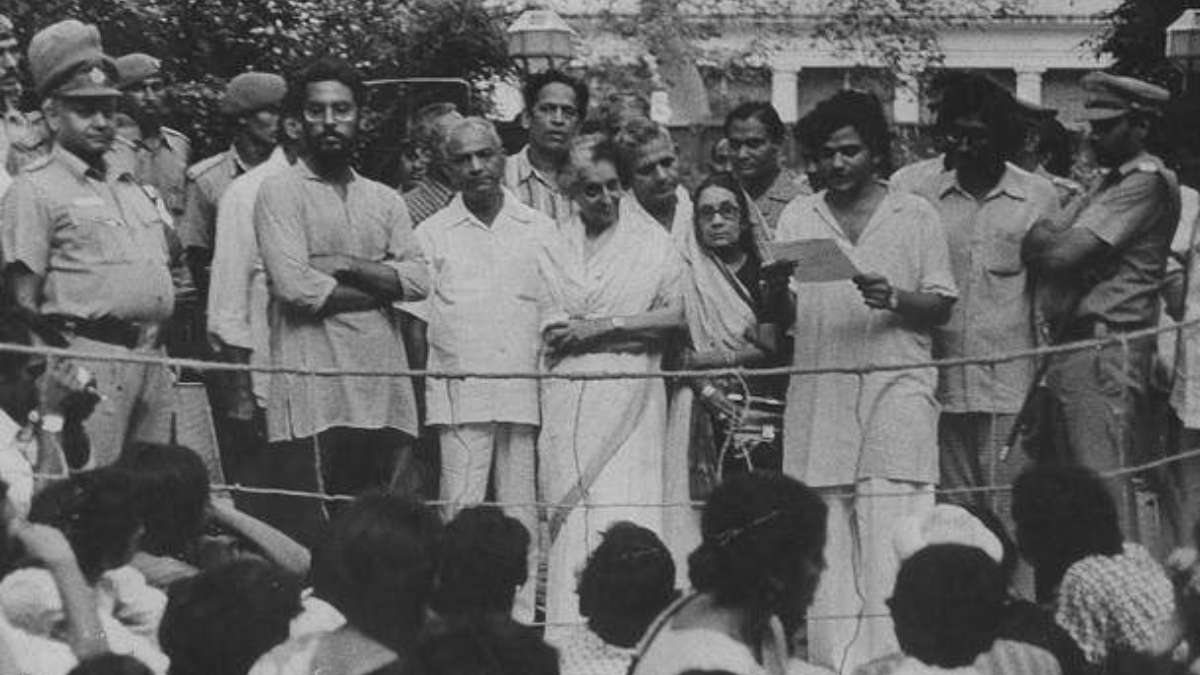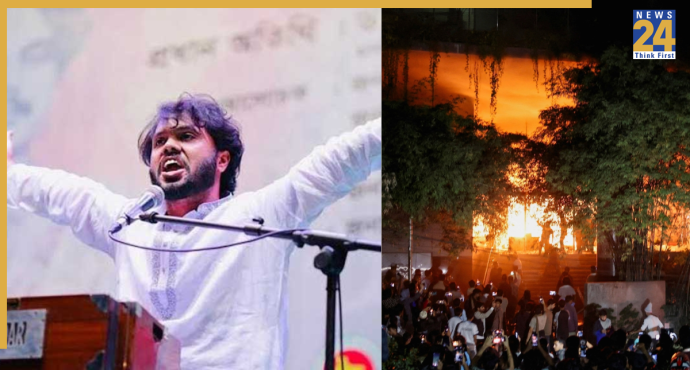In October 1977, hundreds of students from Jawaharlal Nehru University, led by its student union president Sitaram Yechury, marched up to the residence of Indira Gandhi, demanding that she quit as chancellor of the university. Despite her loss in the Lok Sabha elections after the Emergency, Gandhi had clung on to the position. Led by Yechury, the protestors would not turn back till Gandhi came out of her residence to confront them. He read out a memorandum demanding her resignation, with an unflinching Gandhi standing next to him-a pictorial moment that proved iconic from that incident. Days later, Indira Gandhi resigned as chancellor, and this marked the beginning of Yechury’s political career.
That event catapulted Yechury into the national political limelight, and he soon became one of the most familiar faces of CPI(M) in the capital. During those many decades, Yechury earned a reputation as an affable Marxist-erratic and charming-who shared warm equations with leaders across the political divide.
Yechury was treated for an acute respiratory tract infection and died on Thursday in AIIMS, Delhi. He was 72 years old.
Early Life and Education
Born on August 12, 1952, in Madras now called Chennai, Yechuri was born into a family deeply imbedded in education and public service. His father was an engineer and his mother a government servant. After schooling in Andhra Pradesh, Yechury shifted to Delhi because of the turmoil created by the movement in those days for a separate Telangana state.
Yechury was a bright student in academics and went on to pursue his bachelor’s in economics from the prestigious St. Stephen’s College of Delhi University. It was during these years at St. Stephen’s that he met up with Prakash Karat, a fellow communist and a future comrade in arms with the CPI(M). From here, Yechury proceeded to secure his Master’s in Economics from JNU, where his actual political career was set off.
The JNU Years and Rise in the CPI(M)
His political activism began to take shape during his years at JNU when he joined the Students’ Federation of India in 1974. He soon emerged as a natural leader and a perceptive politician, becoming the first SFI president who was not from West Bengal or Kerala-the Left Front’s traditional strongholds.
As Yechury’s political career took off, he rose through the ranks in the CPI(M) and began to represent the voice of his party in national politics with equal measures of conviction and diplomacy. His incisive mind, tempered by reasoned debate and calm demeanor, garnered respect among colleagues and adversaries.
A Legacy in Indian Politics
Sitaram Yechury died, leaving behind a legacy of arguably the most respected Marxist leader in India and whose appeal transcended narrow party confines. His warm equations across party lines made him stand out among his peers in oft-fragmented Indian politics.
Also Read: CPI(M) Veteran Sitaram Yechury Dies At 72, Condolences Pour In













